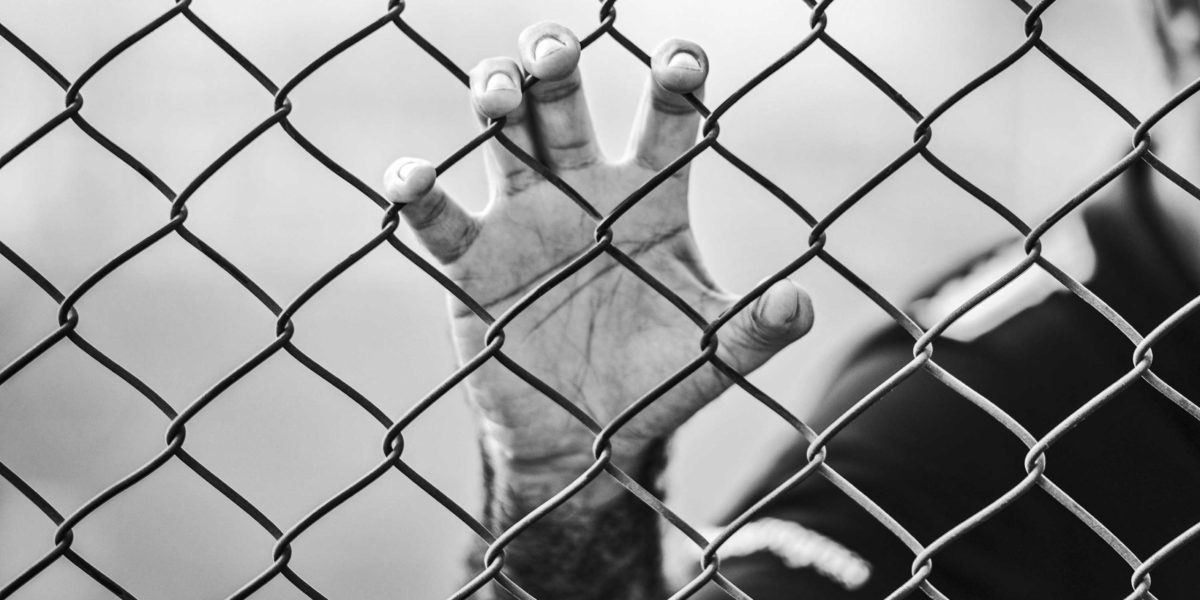An academic demonstration across Canada this week is seeking to “Defund, Demilitarize, and Abolish Police, Prisons, and all forms of Carcerality.”
Scholar Strike Canada began on March 21–“the International Day for the Elimination of all forms of Racial Discrimination and Racism as designated by the United Nations.”
As their website describes, the Day “commemorates the Sharpeville Massacre of 1960—when South African police opened fire on women, children, and men killing 69 people and injuring 180 as they protested Apartheid and its “Pass Laws.”
This year’s action builds on the initative’s 2020 launch with a third Day of Action in Toronto called Reclaim! Abolition Tour 2022.
The action called for classes on college and university campuses across Canada to pause learning. Instead, students and faculty alike could participate in what co-founder of Scholar Strike Canada, Beverly Bain called “digital teach-ins on state-sanctioned violence as part of the systemic violence that materially disenfranchises Black, Indigenous, and racialized people.”
The Scholar Strike Canada campaign began in the wake of the murder of 46-year-old George Floyd in Minnesota and subsequent uprising led by the Black Lives Matter movement.
The website states that over 3,000 Canadian university workers signed the solidarity statement and took part in historic labour action.
Ending carcerality on campus
Co-founder Bain is also an assistant professor at the University of Toronto teaching historical studies as well as women, gender, and sexuality studies.
In an interview with rabble.ca, Bain explained that she helped create Scholar Strike Canada “on the basis of ending police, prisons, and other forms of carcerality on campus and in general.”
From police and security personnel on college and university campuses to students being criminalized when seeking mental health support, Bain says post-secondary institutions have become a carceral site.
Bain also pointed out that young children growing up with police or security in schools are causing them to associate criminalization “within the context of learning,” something she says contributes to the cycle of carcerality.
“[It creates this] idea for Black children in particular of a school to prison pipeline,” Bain explained, adding that “we are already preparing Black people to move towards the prison industrial complex starting within the school.
Bain noted that campus police don’t protect students or faculty—they protect the property. She also pointed out that some institutions silence faculty when it comes to the Boycott, Divestment, Sanctions (BDS) movement. The initiative is calling on the University of Toronto specifically to “stop silencing, censoring and disciplining scholarship and activism on Palestine.”
Scholar Strike Canada calling for police forces to be cut in half
While post-secondary administrators supported the initiative in 2020, that lack of interference is something Bain chalked up to convenience. “Everyone wanted to be seen as supportive,” she said of the Black Lives Matter movement.
This time around, organizers are expecting institutions to walk the talk.
“An institution cannot continue to just pay lip service to anti-Blackness, to racism, and to settler colonialism,” Bain said. “They have to start actually doing the work.”
Bain pointed to the summer 2021 displacement of unhoused people from encampments in cities like Halifax and Toronto as examples of the criminalization of society’s most vulnerable.
Scholar Strike Canada has also published a list of demands on their website. Those demands include immediately defunding all Canadian police forces by 50 per cent and reallocating those funds to community-based groups engaged in sustainable, mutual care and towards building affordable housing and ending systemic poverty. They are also calling for the abolition of all forms of carceral institutions, an end to the Coastal Gas Link project on Wet’suwet’en territory,
One of the Monday teach-ins, facilitated by Desmond Cole, journalist and author of The Skin We’re In, and Courtney Skye of the Yellowhead Institute, took a deeper dive into “accountability and care in the struggle.”
Cole shared a story of being taunted by a police officer during a workshop at a homeless encampment in downtown Toronto.
“How are we supposed to be in relation with people who not only take our lives and get away with it, but then who present themselves as unity figures while continuing to wear that gun and continuing to wield that power?” he asked.
The teach-in sought to explore “how we hold one another accountable without taking on the oppressive ways of thinking we are trying to fight.”



